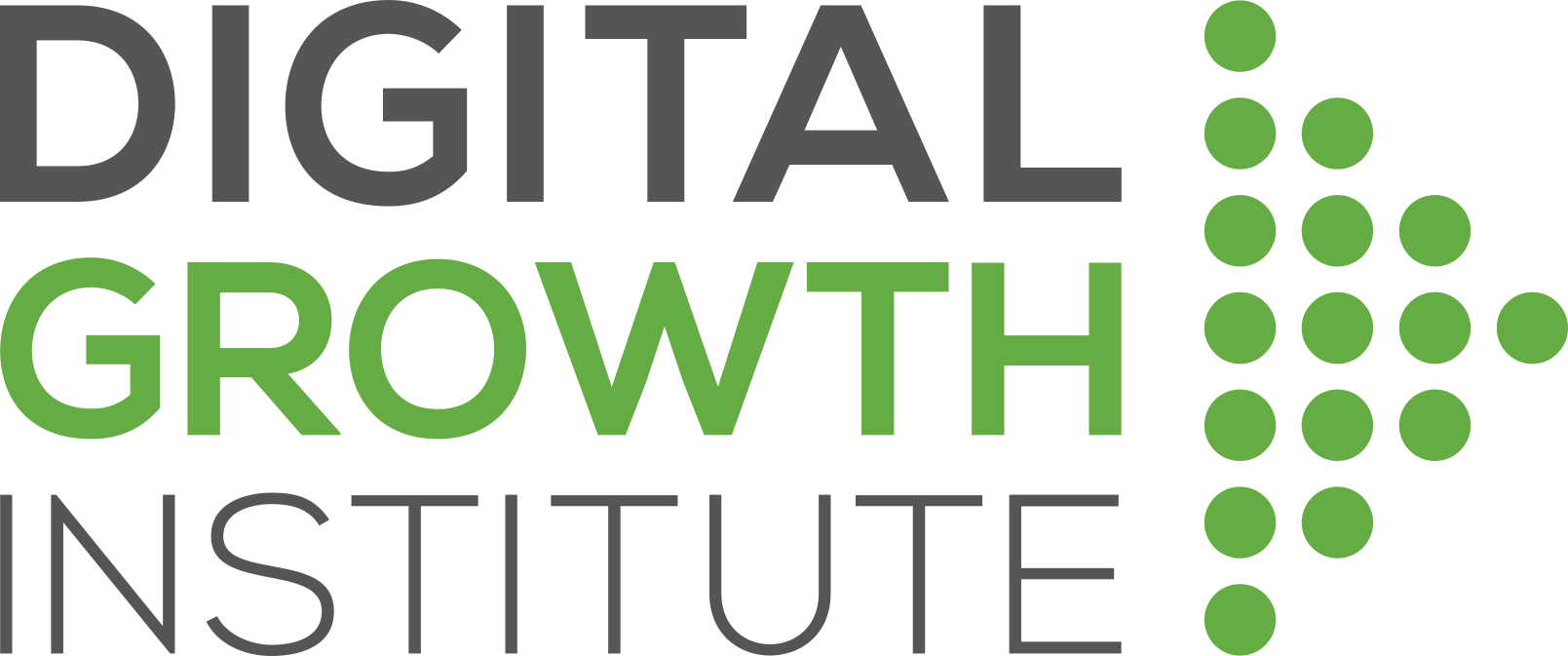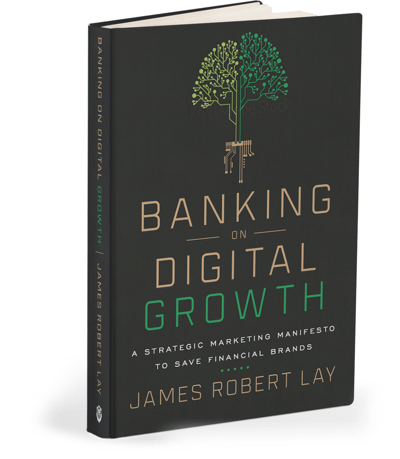"When we make it really difficult to get ahold of somebody, what the brand is telling me as a customer or member is that I’m not valued.” -Katherine Regnier
People work hard for their money and feel intimately connected to it. Too many financial brands ignore this human-money intimacy and rely on old-fashioned, impersonal systems for daily interactions. It’s a huge mistake that prevents forming genuine human connections.
Coconut Software CEO and President Katherine Regnier recently joined the Banking on Digital Growth Podcast to examine the human side of financial brands and discuss how to take a more caring approach.
Modern Challenges for Financial Brands
There’s no denying that the financial world has changed dramatically in the past decade, which presents huge challenges for financial brands. In this ever-evolving marketplace, Coconut Software provides a holistic solution for financial brands’ communication like appointment scheduling and lobby management.
As the company’s CEO and President, Katherine constantly encounters concerns surrounding the issue of humanizing banking. Her clients are looking for ways to be more responsive while helping their customers feel valued.
This has been a particular challenge in the era of the COVID-19 pandemic when things have increasingly gone digital for public health reasons. As companies refresh and rethink their digital strategies, it’s more important than ever to maintain human connections and keep people - not technology or even money - at the heart of financial brands’ strategic decision-making.
Katherine emphasizes the importance of using a holistic approach, which means offering multiple routes to interaction and communication. When the customer wants to walk into a physical branch, they should be able to do it. Or, if they prefer planning their finances via Zoom meetings, that should be an option, too.
This is a new and digitally-infused world where it’s perfectly possible to provide a wide variety of communication options.
Why not offer as many options as possible?
James Robert pointed out that providing multiple options offers the benefit of increasing the customer’s sense of control and gives them a feeling of agency in the process. He relates it to “choose your own adventure” books, where each person can make selections that impact where the story ultimately goes.
Connecting With Account Holders Through Transformations
Katherine urges financial brands and banks to view their people as their best investment and most valuable resource. Yes, digital investments are also extremely important, but the value of a financial institution is actually in its people - its employees, partners, and customers.
As Katherine explains, banking has historically been incorrectly viewed as transactional. Instead, it should be viewed as transformational. After all, financial brands are part of all kinds of transformations that impact peoples’ lives: buying homes, getting married, having children, and retiring from their jobs.
Financial institutions should actively seek out ways to reduce the stress that comes with financial transformation. When people are experiencing transformations in their lives that involve banking, they’re often stressed out and in need of extra help.
This is an opportunity for a smart financial brand to create a deeper connection and forge a stronger bond with a customer at a crucial turning point in their life. When a financial brand can come to this customer with meaningful stress-relieving solutions, they’ll probably find a grateful person who appreciates the assistance.
James Robert offers a reminder that people buy with their hearts. When they purchase something, they’re putting their hopes and dreams on the line financially.
In a deeper sense, this could be called “human-centered growth” or “human-centered experience,” where meaningful transformation arises from everyday human experiences.
Competition in digital banking has forced many banks and credit unions to finally become more open-minded. In this new landscape, they must truly make their members the priority rather than just giving lip service to the concept of member-focused banking.
Why Speed is Essential in Human Connections
There’s an old saying that, “time kills deals.”
It remains true today and includes ordinary financial transactions. When a financial institution puts someone on hold, makes them wait on an email, or otherwise delays addressing their needs, this is a precious lost opportunity for a fast and positive connection.
Katherine is a big proponent of nimble responsiveness for financial brands. We live in a culture of immediacy, and customers expect instant responses. Like it or not, a delayed reaction tells this customer, “We don’t care about you.”
Whether it’s 8 a.m. or midnight, a customer might have an urgent question about an account, a mortgage, a refinance, or many other financial situations. Perhaps this is the only point in their entire day when they have time to discuss the issue with their spouse and make a quick phone call. Financial brands should care about helping customers at these key moments.
At Coconut Software, Katherine has seen compelling evidence that taking good care of employees leads to taking good care of customers 24/7 and all year long. When financial brands support their employees and give them the tools they need to serve customers properly, everyone wins.
For example, Katherine has seen that when working with Coconut Software, advisors can close applications within 15 minutes instead of 45 minutes. This almost seems counterintuitive.
Why does a more human-centered approach take less, not more, time?
The reason is that the financial employee is more prepared, more confident, and more empowered to serve customers. In turn, the customer is more organized and empowered too, which leads to a more streamlined transaction overall. This moves the experience beyond the basic transaction and into a transformational experience very quickly.
Broadly speaking, it’s a positive financial experience, a positive digital experience, and a positive human experience.
James Robert relates this to the concept of ROX, or return on experience. It can be measured in various ways, such as in satisfaction scores, transaction times, and closed deals. But it should also be measured in terms of loyalty and maintaining long-term connections with customers.
Roadblocks to Growth for Banks and Credit Unions
Katherine says one of the biggest roadblocks financial brands are experiencing right now is having competing priorities. Even as they’re seeing a sharp increase in competition in their market, they’re also struggling with launching digital innovation and maintaining in-person connections.
The team at Coconut Software works from the idea that the customer shouldn’t suffer simply because financial brands are struggling with complex challenges. Communication can and should still be easy and pleasurable.
James Robert expands on this point, explaining that enormous growth starts with small, simple, straightforward steps. Small wins add up to big progress on even the toughest transformational challenges.
To spark institutional transformation, Katherine suggests that financial brands address small things like appointment scheduling that have a big impact on the customer experience. Provide a seamless customer journey so each new member can enjoy the experience, and you’ll reap the rewards for years to come.
This article was originally published on April 7, 2022. All content © 2024 by Digital Growth Institute and may not be reproduced by any means without permission.





